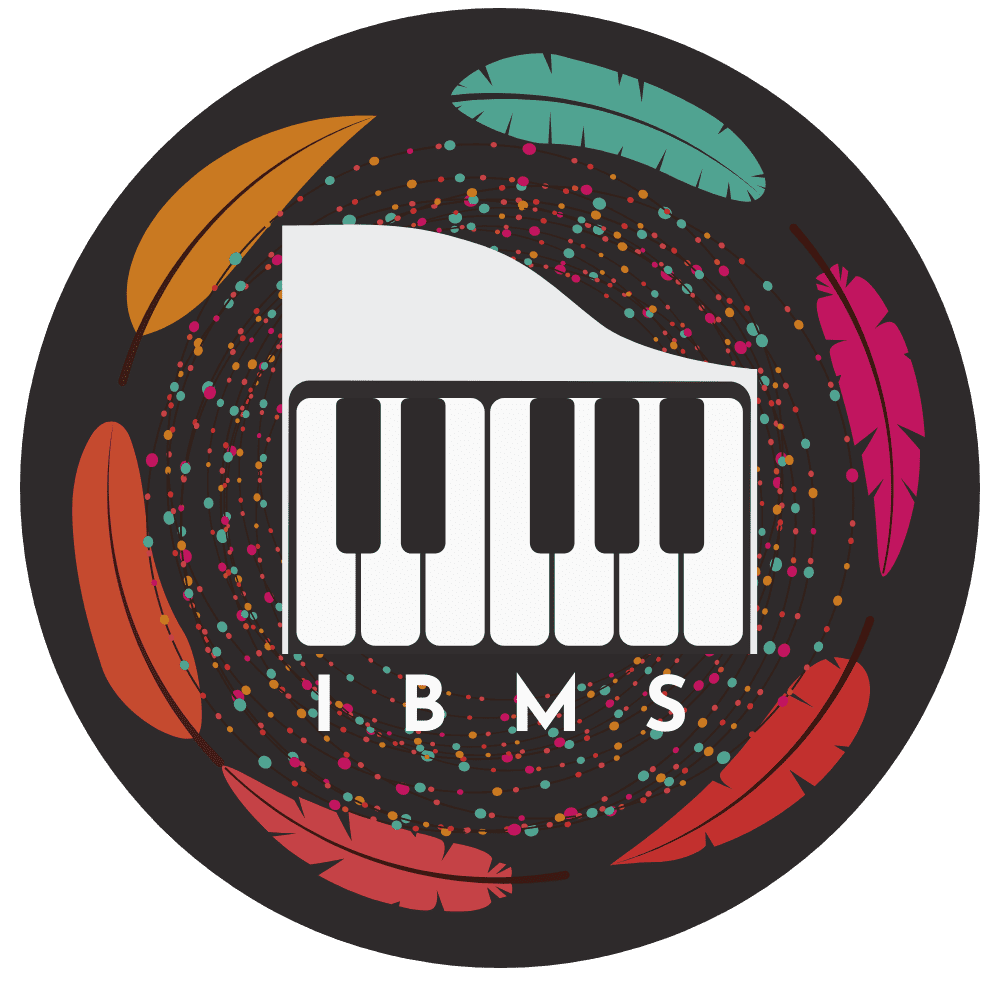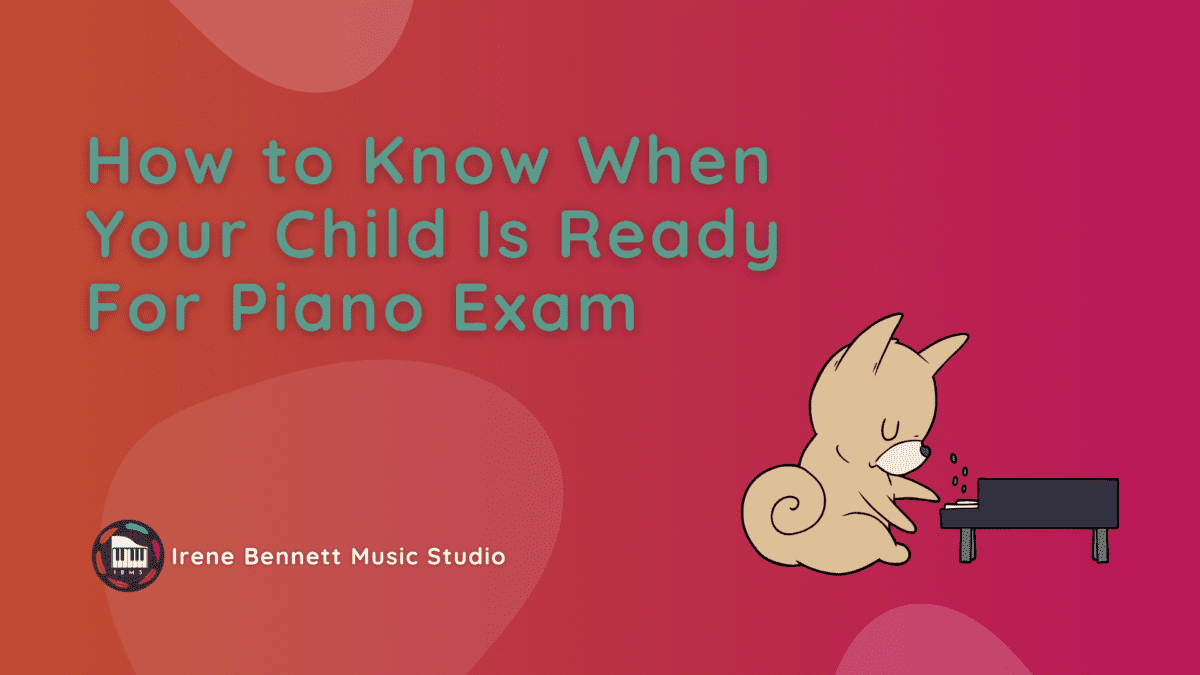In the Suzuki method, exams or graduations are planned only when the student is ready. Many times, I get impatient inquiries from parents wondering when their child will finish the book.
My answer to this is that each child is different, and preparation for exams may take a child six months to a year, while another child may be ready after two or three years. There is nothing wrong with taking a while to do it. The most important thing is that the exam becomes an enjoyable experience for them, which happens only when they are adequately ready.
As a piano teacher, I have a mental list that helps me to know that when my student is ready. As a parent, you can also use this list to determine if your child is correctly practicing at home.
Your child is ready for exams if…
They play with the proper position
Is the seat at the rich height and distance from the piano? Is the back straight the entire time? Are the shoulders relaxed while playing? Are the wrists level? Are the fingers curved or standing? Is the feet flat on the floor? These are the first things achieved in the early months of lesson, and still applies until a child is ready to take the exam.
They know how to play all the pieces in the book with both hands
The child should be able to comfortably play with balance and coordination while playing the right hand and left hand together.
THEY CAN PLAY THEIR PIECES WITH ACCURACY OF NOTES & fingering
I refer to this as mastery. It is the point at which the child can unconsciously play their pieces with accuracy or no mistakes. It is also the point where the mind is not consciously figuring out what notes to play, rather, they are able to play out of habit and tactile memory. The correct notes, fingerings and movements are all ingrained in the mind of the child. Also, the child should be able to play the entire program in its order.
THEY can apply the basic nuances of the pieces
Each level has a set of specific technique, articulation and expression to follow. Much of the weekly lesson is spent on getting this right. Are they able to play legato, staccato, ritardando, etc. on the parts where the composer marked it? Are they able to execute these nuances with the correct technique?
They can properly interpret their pieces according to its performance practice
For older and more advanced students, it is important to be able to exhibit their knowledge of the different periods in music by how they play. Do their Bach pieces sound distinctly different from how they play Mozart or Chopin?
They are able to show focus and concentration throughout the whole performance
This is one of the first things we work on in the first months of lessons. Are they able to sit still? Are they able to keep playing inspite of certain noises in their surroundings?
THEy can exhibit good Pre & post performance routines
Can they carefully put their hands on the piano before playing each piece? Do they remember what the first notes are? Can they gracefully release the notes and put their hands on their lap after playing each piece?
This list may seem like a pretty tall order, and you may wonder if your child is able to achieve all these things.
The answer is a big resounding YES! THEY CAN!
Children can easily ascend to these musical standards, as long as they are properly trained and given the correct environment in which they can grow and blossom.
Did you find this article helpful? Let me know in the comment section below.

